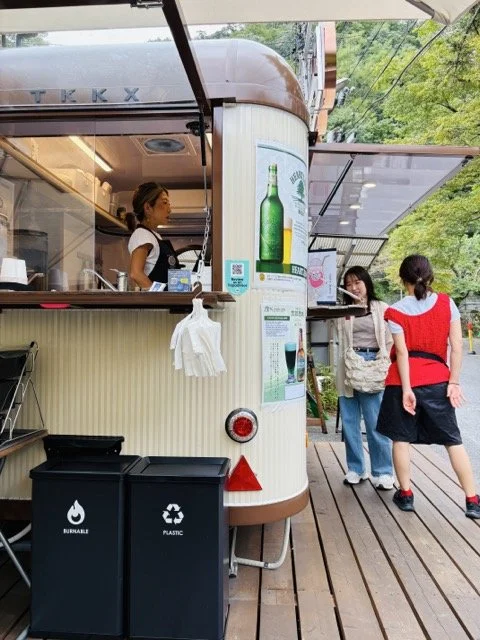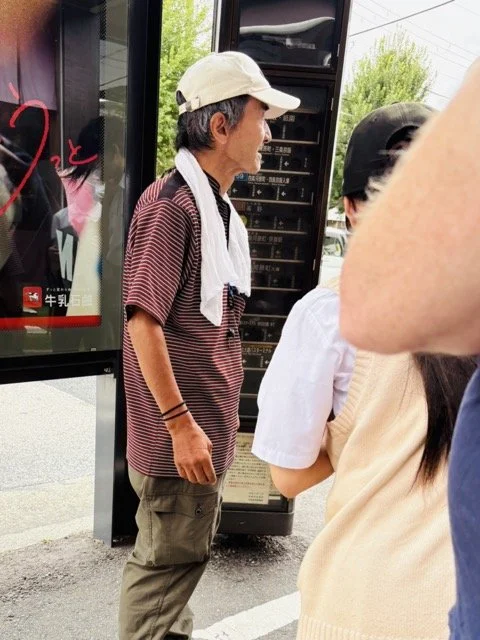What Japanese hospitality can teach us about leadership
From hotel clerks to train attendants, every person I met in Japan embodied quiet excellence and pride in their work.
For example:
When we arrived at our first hotel in Tokyo, several staff lined up to greet the arriving bus from the airport with bows and welcomes.
When my husband lost his transit card, he asked the Osaka station employees for help. First they called Wakayama Station and put out a notice to the folks on the departing train. Then they shared that someone had found his card on the platform and turned it in!
We left our luggage in hotels all over Japan, either before or after check-in or check-out times. Never did we get the sense it was an inconvenience to the staff.
Coffee making has become an art in Japan…baristas take their tasks seriously, similar to studying tea ceremony. One even suggested we visit a coffee shop in another part of the city where he had learned his trade.
Service employees use honorific language when greeting or interacting with customers, demonstrating respect in every interaction.
No task feels too small, and no gesture is rushed. Each interaction carries a sense of pride, precision, and care. Whether it is a perfectly wrapped purchase, a bowed thank you, or the way a server delivered our food, I felt the same message again and again: your experience matters.
Barista at the foot of Mt. Hiei
My husband is a bit obsessed with coffee, and we found many talented baristas throughout Japan…a lovely change as when we lived there in the ‘80s, it was hard to find a great cup of coffee!
Unfortunately, it’s hard to find coffee early in the morning…most small coffee shops don’t open until 9 or 10!
Japanese hospitality, or omotenashi (おもてなし), is rooted in the idea of anticipating others’ needs and offering service with sincerity and respect. It is not performative. It is personal.
As a communicator and business owner, I wonder what would happen if every team and worker approached their work this way…not from obligation, but from genuine care for the people they serve.
Helpful volunteer
This guy stood at a crowded Kyoto bus stop, helping (mostly foreign) tourists figure out which bus they needed to take to get to their next destination! He took his volunteer role very seriously and was shocked when we told him we were going to relatively unknown Mt. Hiei and knew where we were headed!
Years ago when I managed a 70-strong team of publications professionals at a global consulting firm, we knew we had to provide outstanding service. Project managers were not required to use us, even though we ALWAYS made their project deliverables or proposals significantly better when they did use us. But we had to prove our value day in and day out. What if everyone in their workplace had to do this? Wouldn’t the workplace be more productive?
True leadership is like omotenashi.
It shows up in humility, consistency, and attention to detail. That means when your team has to work late, you are right there beside them. It means finding ways to lighten your team’s or your clients’ load. It means treating each of your clients as special and individual, like it is your honor to work with them. Omotenashi creates conditions for others to thrive.
At Fertile Ground Communications, we help organizations communicate with purpose and authenticity. Japan reminded me that leadership and communication share the same foundation: respect, precision, and care for others’ experience.
What’s one small way you show care and attention in your work?
Let’s make your message the one they remember. Fertile Ground Communications transforms complex ideas into clear, compelling messages that capture attention and inspire action. Whether you’re a small business, public agency, or nonprofit, we help your voice break through the clutter and connect authentically with your audience.




